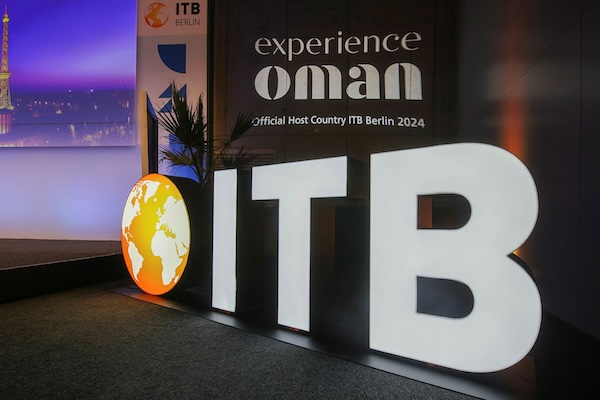Strikes affecting air and rail services are set to disrupt a major industry event in Germany.
The ITB trade show, a cornerstone in the travel industry’s calendar, faces unexpected challenges as strikes sweep across transportation networks.
The ITB trade show, renowned as a major event in the travel industry, faces substantial disruption as strikes loom over Germany’s major air and rail networks. With the event’s conclusion imminent, the timing of these strikes is poised to cause major inconveniences.
The strikes are planned to coincide with the final day of the exhibition, potentially affecting the mobility of over 24,000 delegates and visitors from across the globe. Such large-scale walkouts could pose significant logistical challenges for attendees relying on Germany’s leading transportation services.
Lufthansa, Germany’s flagship carrier, is at the forefront of this disruption, with its ground staff planning strikes from 8 pm on March 6 to 7:10 am on March 9. The airline anticipates that over 200,000 passengers could experience travel disruptions. These strikes form part of a wider pay dispute spearheaded by the Verdi union, seeking a 12% salary increase or a minimum of €500 monthly.
Previously, similar actions grounded flights affecting approximately 100,000 passengers at seven German airports. This current effort by the union underscores the persistent issues between airline workers and management, amplifying the scale of potential disruptions.
The dispute, thrust into the spotlight by the Verdi union, highlights the pressing demand for pay raises. Verdi showcases the need for a 12% pay increase, or a €500 per month minimum, in response to inflationary pressures and cost of living adjustments.
Lufthansa’s counteroffer, perceived as falling short of the union’s demands, has fueled strike actions, with previous strikes already impacting several airports significantly. Union representatives argue the airline’s proposal spreads too thinly over an extended period, thereby inadequately addressing workers’ needs.
The strikes bring attention to the broader implications for Germany’s transport infrastructure and its reliability. These events highlight the potential vulnerabilities in the country’s logistics framework during large-scale industry events.
Addressing these disruptions may require comprehensive solutions involving stakeholder collaboration. Strategic planning and investment in alternative transport options might become necessary to safeguard future international events from such disruptions.
Observers note the importance of resolving underlying labour disputes to prevent recurring disruptions that could damage Germany’s reputation as a leader in hosting international gatherings.
The disruptive strikes serve as a stark reminder of the delicate balance required between workforce demands and operational continuity in Germany’s major transportation sectors.
Looking ahead, collaborative efforts from unions, companies, and government bodies are essential. Only through concerted actions can future disruptions be minimised, ensuring the smooth functioning of high-profile events like the ITB trade show.
The strikes underscore the urgent need for balanced solutions in labour disputes.
Future events must address these disruptions to maintain Germany’s reputation as a dependable host for global exhibitions.

